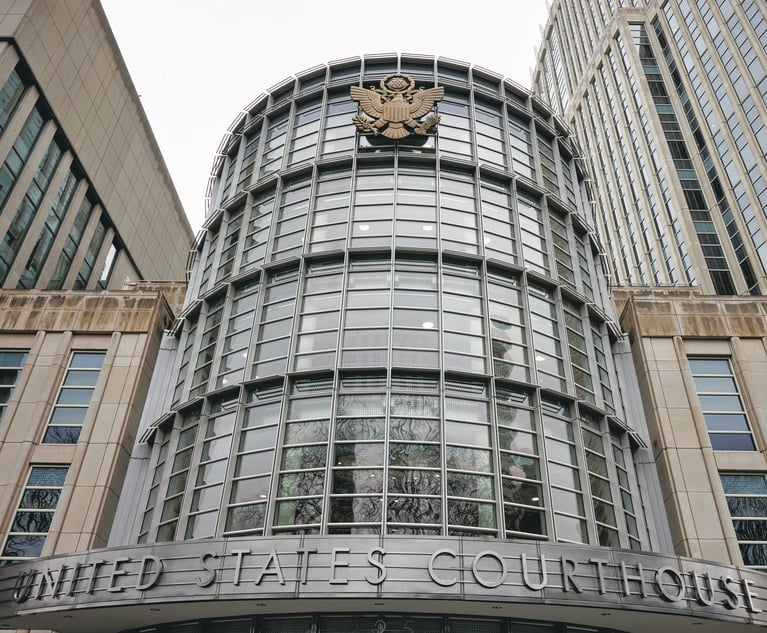This column reports on several recent and significant representative decisions by the U.S. District Court for the Eastern District of New York. In reducing a lengthy sentence designed expressly for specific deterrence, Judge Gary R. Brown found that defendant’s medical impairments, most of which arose during his 17 years of imprisonment, had greatly lessened the risk of recidivism, justifying a measure of relief under §3582(c)(1)(A). Judge Pamela K. Chen found that, under ERISA, unionized workers had standing to sue trustees of their former union regarding dollar amounts transferred to their new union. And Judge Sterling Johnson Jr. found that plaintiffs had failed to establish a bank’s liability under the Truth in Lending Act regarding disclosures related to their mortgage.
18 U.S.C. §3582(c)(1)(A)—Non-COVID-19 Medical Factors Justifying a Sentence Reduction. In Anderson v. United States, 05 CR 418 (EDNY, June 3, 2022), Judge Brown reduced a sentence from 327 months to 262 months, where the post-sentencing accrual of serious medical conditions made defendant much less dangerous, thus creating “extraordinary and compelling circumstances” for the reduction.
This content has been archived. It is available through our partners, LexisNexis® and Bloomberg Law.
To view this content, please continue to their sites.
Not a Lexis Subscriber?
Subscribe Now
Not a Bloomberg Law Subscriber?
Subscribe Now
LexisNexis® and Bloomberg Law are third party online distributors of the broad collection of current and archived versions of ALM's legal news publications. LexisNexis® and Bloomberg Law customers are able to access and use ALM's content, including content from the National Law Journal, The American Lawyer, Legaltech News, The New York Law Journal, and Corporate Counsel, as well as other sources of legal information.
For questions call 1-877-256-2472 or contact us at [email protected]


 U.S. Courthouse, Eastern District of New York in Brooklyn, New York. Photo: Ryland West/ALM
U.S. Courthouse, Eastern District of New York in Brooklyn, New York. Photo: Ryland West/ALM




